by Jayne Olorunda Follow @jayne_legacy
 Northern Ireland’s capital, Belfast, has had many songs written about it. The lyrics of one Belfast song resonates in my ear as I think of the reputation the city now has. The lyrics of the song always stood out to me, but now they are more ironic than ever. The song goes, ‘Belfast, Belfast a wonderful town it doesn’t matter if your skin is brown’. I wonder if this was ever true? It certainly wasn’t in my time or even in my parent’s time. The outside world knows Northern Ireland as a country dominated by sectarian strife where Catholic and Protestant people have for decades been at war. This is of course true, but within Northern Ireland other hate based dynamics exist, recently they have come to the fore. Today’s Northern Ireland has a serious problem with racism and it is fast becoming a problem that can no longer be brushed aside.
Northern Ireland’s capital, Belfast, has had many songs written about it. The lyrics of one Belfast song resonates in my ear as I think of the reputation the city now has. The lyrics of the song always stood out to me, but now they are more ironic than ever. The song goes, ‘Belfast, Belfast a wonderful town it doesn’t matter if your skin is brown’. I wonder if this was ever true? It certainly wasn’t in my time or even in my parent’s time. The outside world knows Northern Ireland as a country dominated by sectarian strife where Catholic and Protestant people have for decades been at war. This is of course true, but within Northern Ireland other hate based dynamics exist, recently they have come to the fore. Today’s Northern Ireland has a serious problem with racism and it is fast becoming a problem that can no longer be brushed aside.
In 2014 the intolerant and bigoted elements in this little country are gaining global attention. Where once Belfast was known as a sectarian hotbed it is now becoming known throughout Europe as a racist hub, attracting far right elements who influence our youth and perpetuate hatred. Northern Ireland invested a lot of time and energy over the years to create and sustain our fragile peace. Yet the welcome reprieve from the bombings and shootings of our past has come at a cost. In directing all our resources into peace building between Catholics and Protestants, other issues (and there are many of them) have been overlooked. We have gone from being infamous for one type of trouble to being famous for another. This trade should never have existed, it should never have been allowed but for one reason or another it has happened.
Northern Ireland brokered a deal, a deal that allowed the transfer of hate.
I am Northern Irish, but I am also black and this is not a comfortable position to be in, at times it has felt like a disastrous combination. My story came to public attention when I wrote ‘Legacy’ a book about my families experiences in Northern Ireland. It documents the difficulties we faced with identity and of course the sometimes impossible realities of assimilation. I was born and bred in Northern Ireland and I imagine that I am among a small handful of people of colour who can say that. It is sad that even now in my thirties black faces in Northern Ireland still stand out in the crowd. As such we have become targets to those elements in our society determined to keep their society white, those intent on living in bitterness.
Growing Up
Growing up my sisters and I have became used to being the only blacks and being identified not on our merits but as ‘the black girls’. Northern Irish racism for us began in the womb, with comments such as ‘how dare you bring another black bastard into the world’ being levelled at our mother. Our story began when my father, originally from Nigeria, was offered a job in Belfast on his graduation. Like any student fresh from university he was delighted at the opportunity in his chosen field and seized it. Whilst here he met my Mum who is from Northern Ireland. As all romances go the pair fell in love and got married, they had a family consisting of three children, I was the youngest. Not everything was perfection and it goes without saying that my parents encountered racism, they met in the 1970’s after all. Yet they were a strong couple and as long as they were together they coped.

Everything changed for my family in 1980. On his way home from work Dad stepped on a train that he would never step off. His fellow passengers included two IRA men who carried a bomb. The bomb exploded obliterating my Dad and two others on the carriage. That bomb changed the face and experiences of my family forever. Gone was financial stability, gone was our home and worst of all gone was our Dad. The blast took him away along with any link we had to our Nigerian culture. From that day on my sisters and I became confused black girls in an all-white world. My parents had relied on each other to impart their respective cultures on us. Dad’s death and the events that came after made my Mum ill. She never recovered. We never learned anything about Dad’s culture, Mum simply wasn’t capable of teaching us. Instead she became bitter and obsessed with the troubles and her hatred of terrorists. She immersed us into the bleak reality that was war torn Northern Ireland, this wasn’t difficult given that we were constantly surrounded by it. Shootings, bombings and armed soldiers patrolling the streets were common place back then. The manner of Dad’s death had implications for us in that we not only grew up different because of our colour but also because we were innocent Catholic victims of the IRA. This made our fitting in even more difficult, Dad’s death alienated us from Catholic communities and our religion alienated us from Protestant communities. We lacked identity at every level. As such growing up was hard.
I often try to explain to people that you don’t walk around a colour, you walk around and live your life as you, as yourself. Unfortunately for us it was hard to be ourselves when we stood out so much. Someone always reminded us that we were different. As children it was assumed we could sing, we would be athletic, that we would happily play certain roles in school plays or worse that we were adopted. We grew used to stereotypes very quickly. We also grew used to racial taunts and slurs. Unfortunately for my sister she could run, in her teens it seemed she had a promising career ahead. Yet she grew tired of her talent being attributed to her colour and gave it up, no one ever thought of asking which parent this athletic gene came from it was always assumed which one. We heard the ‘N’ word so much as children that whilst it still hurts now part of me is used to it. In certain areas here and at certain times of the year it is almost expected.
When I reached my twenties more people of colour began to live here. They came gradually but one day there was suddenly an ‘ethnic minority’ population here numbering more than the usual under 1%. I remember seeing them out and about and being so grateful, my thoughts consumed with the one fact, my sister and I aren’t the only ones anymore. I felt more comfortable and less of an oddity, if I didn’t quite fit in in my home country at that point in time, it was a very real possibility that one day I would. I cannot describe the feeling of being one of a small minority rather than as it often was being the minority. I was naive, I never stopped to consider the fact that if I noticed then others did too. Not everyone felt my joy. That was in the early 2000s and it was around then when Northern Ireland’s racism changed. It moved away from just insults and remarks and manifested itself in physical attacks on people and their property. By 2004 Northern Ireland became the European capital of race hate.
Belfast Now
It is now ten years since Northern Ireland was bestowed with its title and for me these were ten wasted years. The country failed to utilise the intervening period and to do something to address the then already severe problem. Instead racism was left to fester. The attacks kept occurring and our government turned its back until one day the country was forced into submission, it was forced into publishing a racial equality strategy, something that had been pushed aside for seven years. The government’s hands became well and truly tied when on the 29th May 2014 Northern Ireland’s First Minister articulated to the world his less than flattering opinion on another minority group in Northern Ireland, the Muslim people. He has since apologised for his comments but it was too late. Northern Ireland had already been exposed in the global media for its first minister’s opinions of minorities. This tiny country became known as the place where two race hate crimes are reported every day. I was ashamed of our first minister’s words and I was ashamed that I was still here. Yet on top of that I was hurt, it was as if any feelings I harboured of being unwelcome had just been confirmed. The storm and furore caused has since quieted down but these days the next incident is never far away. Stand out incidents of race hate are easy to find, last month a Nigerian man arriving at a house he was due to move into was greeted by a ‘locals only’ protest at his door and in a separate incident a KKK flag was seen fluttering on the streets of East Belfast. Only last week ‘Ulster’ our international rugby team ‘blacked up’ and wore shackles as a hilarious fancy dress costume.

Is there room for optimism? Despite the increase in race hate incidents I believe that there is. On the 30th of May this year, thousands of people converged in Belfast city centre in an anti-racism rally. This was replicated the following week with eight thousand people from all walks of life taking to the city centres streets. The decent people here are mobilising, they are condemning these incidents and asking that the people responsible are held to account. For the first time ever Northern Ireland’s racism is out in the open and people are coming out in their droves against it. Displays such as the rally mean that I no longer feel alone or unwelcome. They prove that there is hope for Northern Ireland. There is hope that we can live in a conflict free society but also that at last there is hope for a future for all. That future includes people of colour like me. I may be ashamed of the negative headlines Northern Ireland has received but I am also proud of the people’s reaction to them.
Northern Ireland, like most countries will always have a small, extremist minority but they are just that, a minority. They are heard not because they speak sense or the truth but because they shout the loudest. I firmly believe that for every bigot here there are countless non prejudiced people, people who are prepared to take to the streets and condemn hatred, it is these people that make me stay. They fill me with hope. It has always been my dream that someday those without prejudice shout the loudest and drown out the minority. I think that slowly but surely this is happening. Where I once felt like an unwanted guest in the only home I knew, right now I feel confident that the tables are turning. The people of Northern Ireland are beginning to perceive the racists as the unwanted guests. Northern Ireland needs to change in so many respects, this won’t happen overnight. Yet change for the good is a real possibility in today’s Northern Ireland.
The future is all to play for and at the moment I embrace the future with a cautious optimism.
All work published on Media Diversified is the intellectual property of its writers. Please do not reproduce, republish or repost any content from this site without express written permission from Media Diversified. For further information, please see our reposting guidelines.
Jayne Olorunda is from Belfast. She works in the cross community sector and is passionate about creating a peaceful Belfast. She is outspoken on racism and recently became Northern Ireland’s first electoral candidate of African descent. She has worked in the voluntary sector for over five years and is a well known advocate of equality for all. Jayne’s book Legacy was a bestseller on amazons racism charts and documents her experiences in northern Ireland. Legacy is available on all digital platforms. @jayne_legacy
Related articles
- An assessment of racial violence in Northern Ireland | Institute of Race Relations
- Campus Racism in Brazil – the case of Stephanie Ribeiro (mediadiversified.org)
- No Alibis – Educating children about racism (mediadiversified.org)
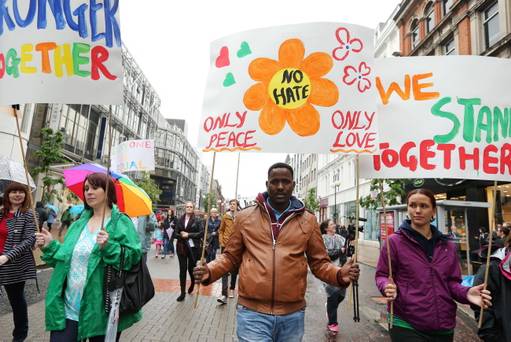





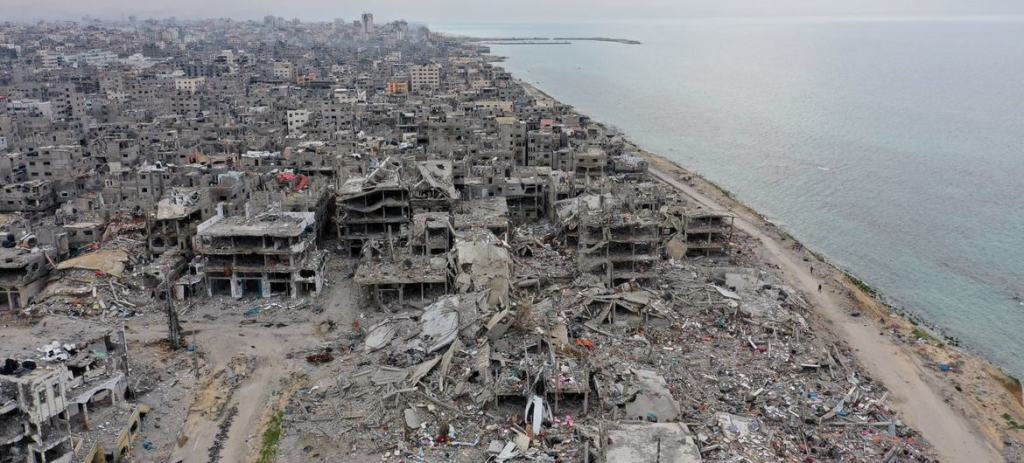
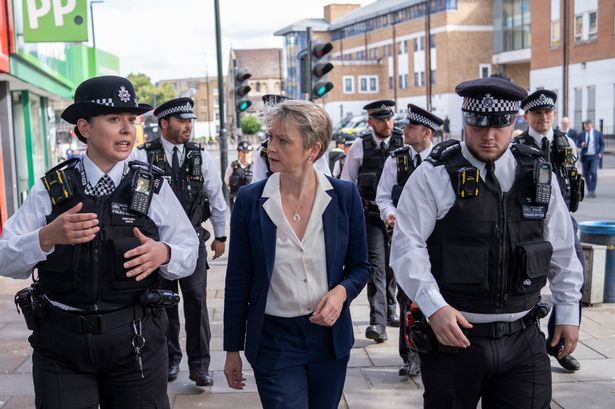
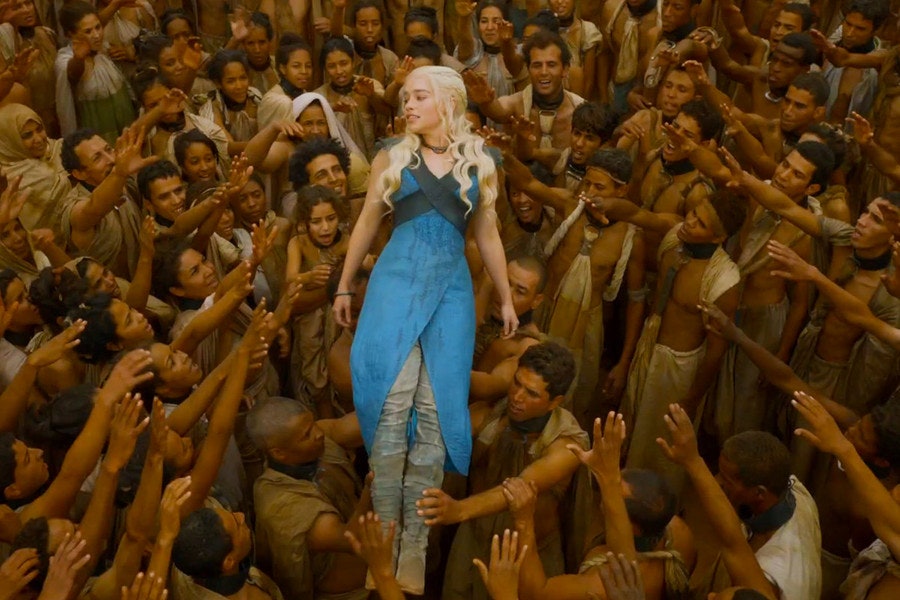
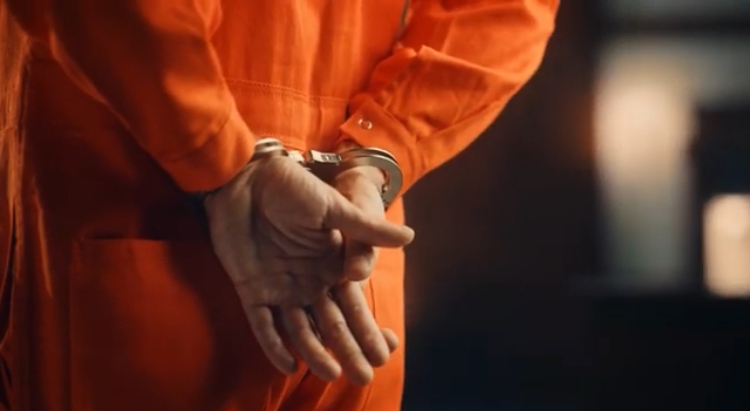
Leave a comment